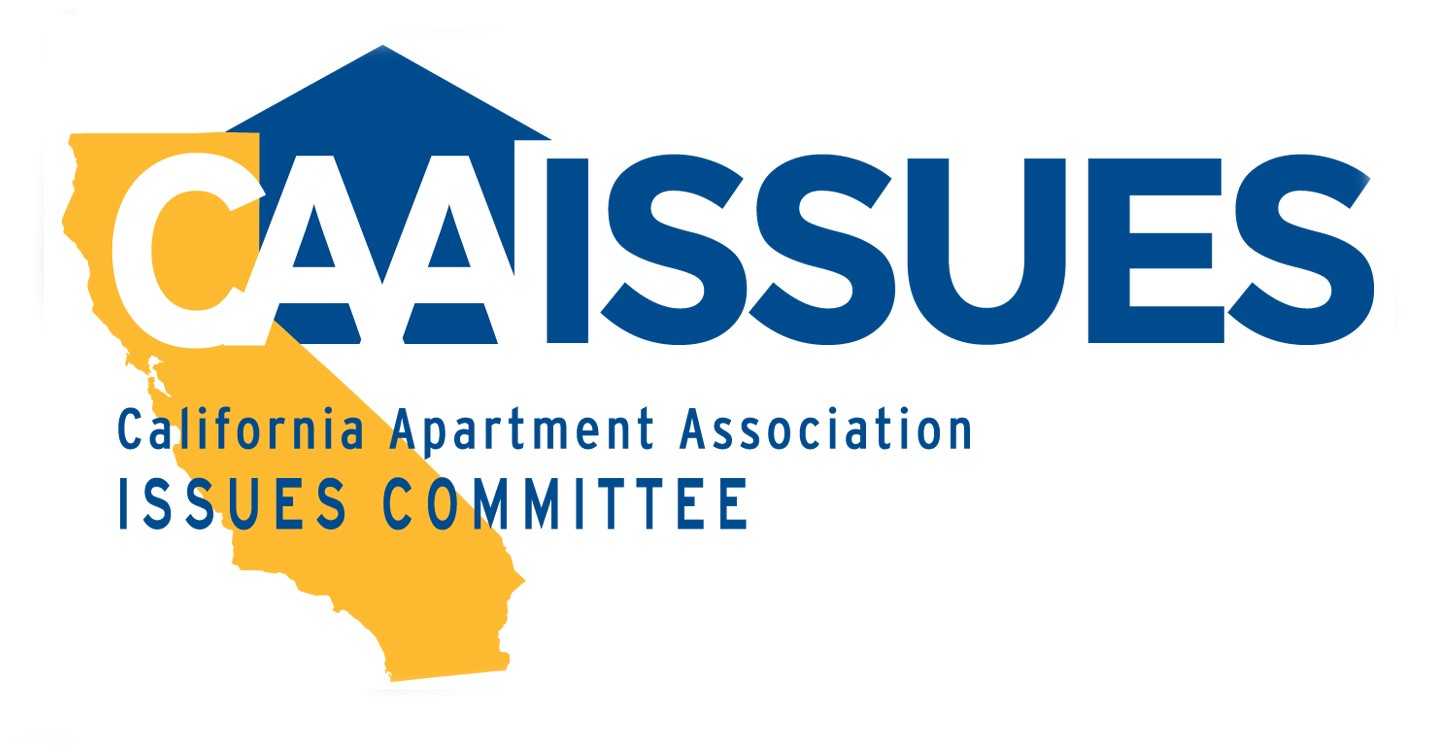California’s largest businesses, including those in the rental housing industry, have just a few weeks to begin complying with the nation’s most sweeping consumer-privacy law.
The California Consumer Privacy Act takes effect Jan. 1 and is intended to give consumers greater insights into data that companies collect about them — and more control over what happens to that data.
The law, which is being compared to the European Union’s privacy laws, mainly targets large companies — those with annual revenues of $25 million or more — as well as firms in the business of collecting and selling personal information.
Although mom-and-pop landlords won’t have to worry about the new law, companies that meet the $25 million revenue threshold need to get ready. Among other things, this will mean creating procedures to respond to consumers who have questions about any personal data collected about them. They’ll also need to create “do not sell my info” links on their websites for consumers wanting to keep their data from being shared.
Specifically, the state’s Consumer Privacy Act gives consumers the following rights when dealing with companies subject to the law:
- The right to know what personal information is collected, used, shared or sold, both as to the categories and specific pieces of personal information.
- The right to delete personal information held by businesses and by extension, a business’s service provider.
- The right to opt-out of sale of personal information. Consumers are able to direct a business that sells personal information to stop selling that information. Children under the age of 16 must provide opt in consent, with a parent or guardian consenting for children under 13.
- The right to non-discrimination in terms of price or service when a consumer exercises a privacy right under CCPA.
To learn more about the California Consumer Privacy Act, visit CAA’s recently updated Industry Insight through the button below.

